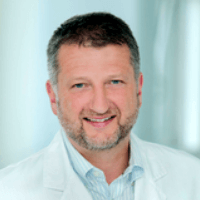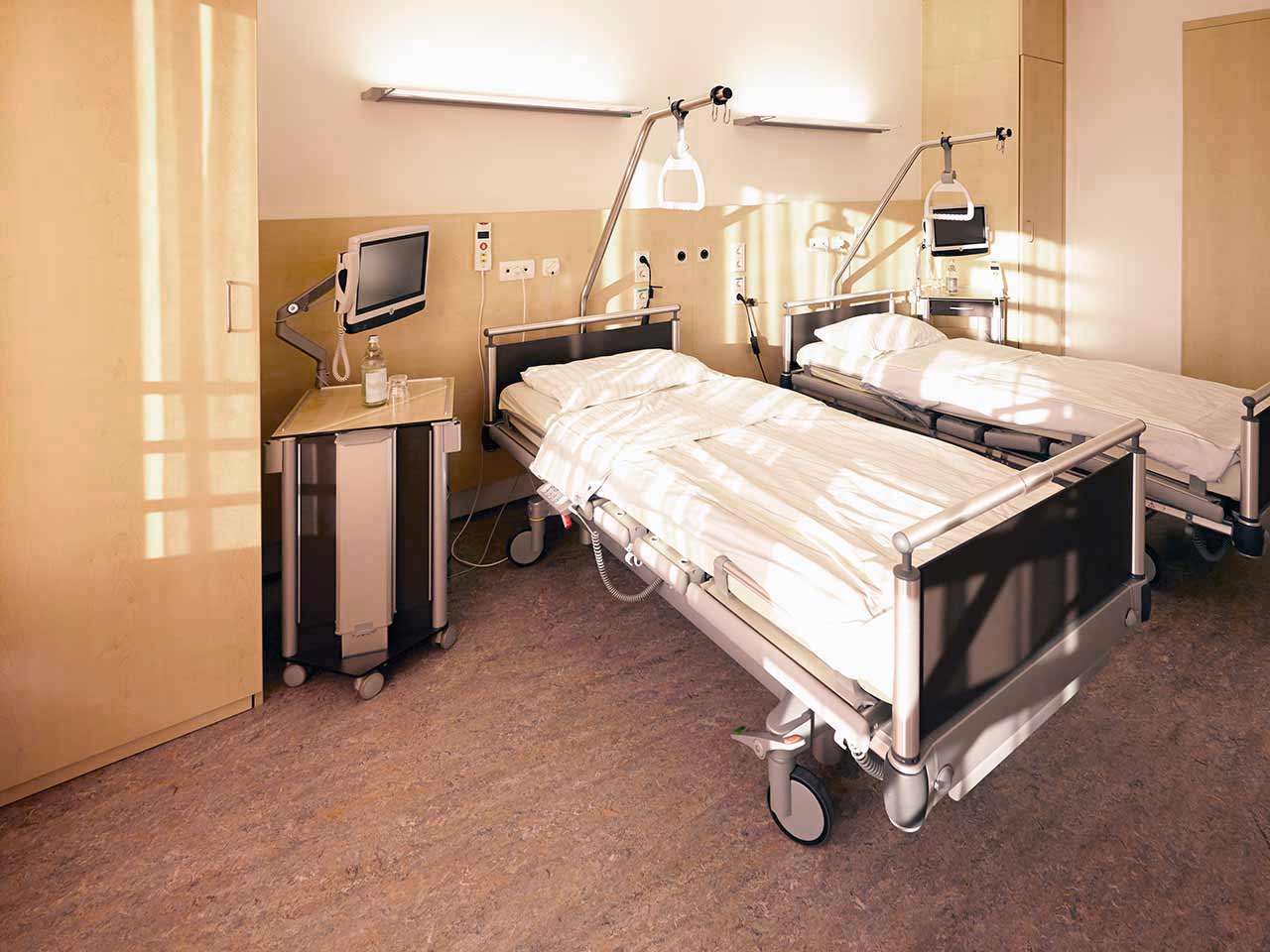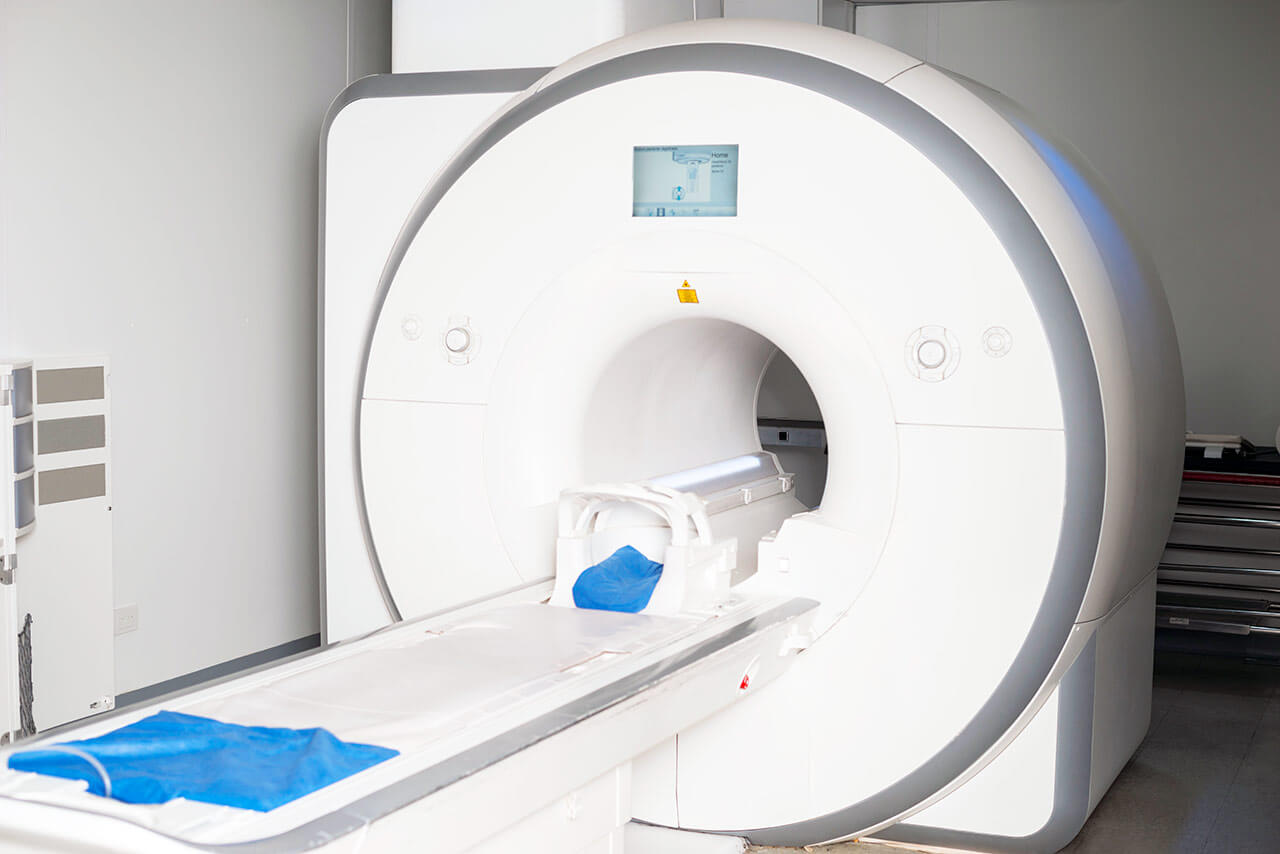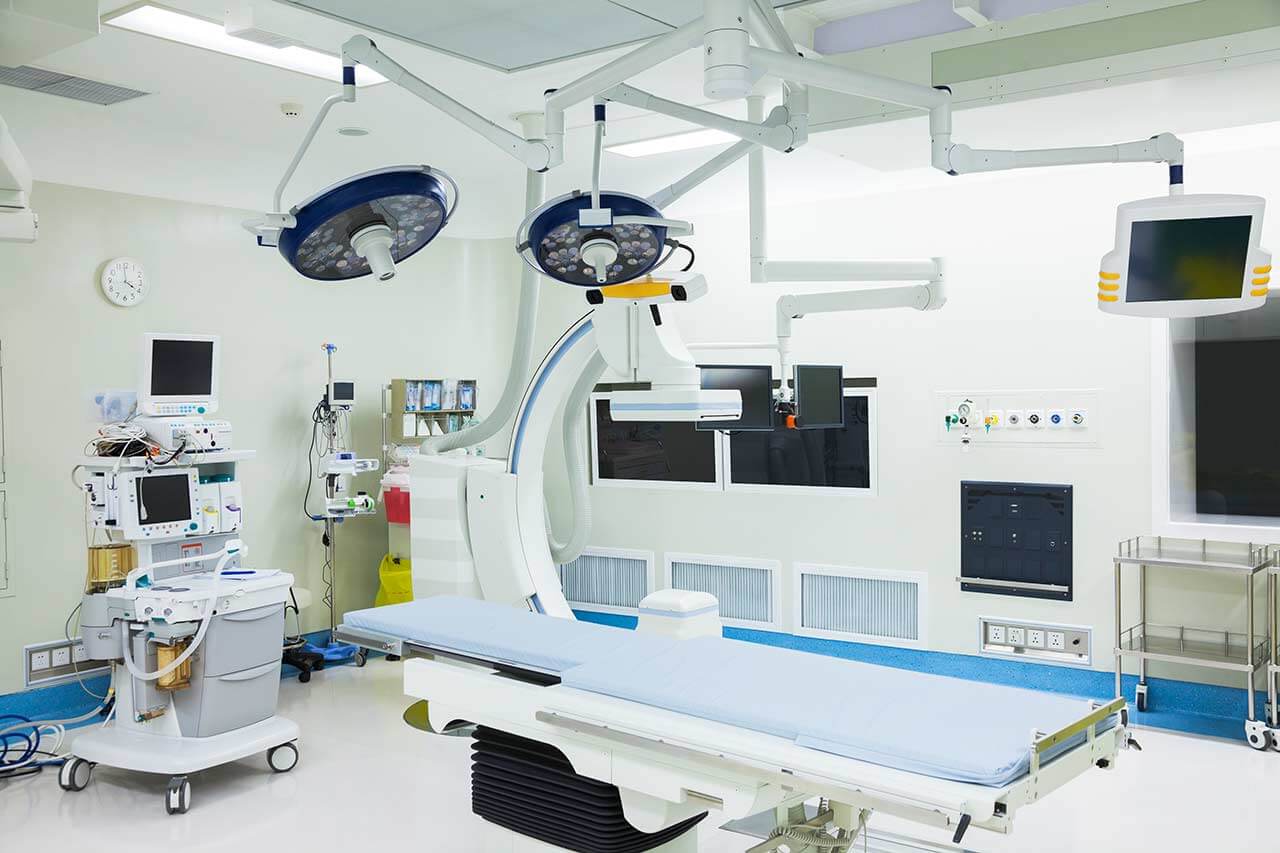
About the Department of Pediatric and Adolescent Medicine at Nuremberg Hospital
The Department of Pediatric and Adolescent Medicine at the Nuremberg Hospital provides the full range of medical services to young patients with various diseases. The department's team of doctors takes care of the health of children from different age groups, including newborns, young children, and adolescents up to 18 years old. The department has gained long experience in the treatment of respiratory, heart, gastrointestinal, and neurological disorders, as well as diabetes mellitus, morbid obesity, and other pathologies. Well-equipped diagnostic and therapeutic rooms adapted to the needs of young patients are available here. Special attention is given to creating an atmosphere where children feel comfortable. The main task of the medical team is to meet the highest standards in the treatment and care of children. Doctors from other departments at the hospital may be engaged in the treatment process whenever required. The specialists at the health facility admit more than 3,600 inpatients every year, and more than 8,000 children receive outpatient care. The department's medical team consists of more than 150 employees, including 35 highly skilled doctors from various specialties. The department is headed by Prof. Dr. med. Christoph Fusch.
The department is a Level I Perinatal center, so it provides medical services to newborns, including premature and underweight infants. There are 16 beds available here, each of which is equipped with a monitoring system for continuous control of the condition of young patients and a CPAP system for mechanical ventilation. Next to it, there is a room for joint accommodation of mother and newborn, where two mothers can stay in the first days after childbirth. The department's neonatologists cooperate with pediatric surgeons, urologists, orthopedists, neurosurgeons, oral and maxillofacial surgeons, and other specialists.
The priority areas of the department's work are the treatment of gastrointestinal diseases and nutritional disorders in children. Competent doctors have all the necessary options for comprehensive diagnostics and effective treatment of esophageal, gastric, colon, liver, and pancreatic pathologies. The department's pediatric gastroenterologists pay attention to the comprehensive examination of the child, thus having a wide range of diagnostic capabilities, including gastrointestinal ultrasound, breath tests, 24-hour pH monitoring, gastroscopy, colonoscopy, video capsule endoscopy, etc. When treating gastrointestinal disorders in children, the specialists often resort to drug therapy and diet therapy. Endoscopic procedures can also be performed if clinically indicated.
The team of pediatric cardiologists is responsible for the timely detection and effective treatment of congenital heart disease and acquired cardiac pathologies. Thanks to state-of-the-art ultrasound equipment, congenital heart defects can often be detected even during intrauterine development. In this case, experts in perinatal medicine, obstetricians, and pediatric cardiologists cooperate to develop optimal treatment tactics. The department's pediatric cardiologists perform all the necessary diagnostic procedures to assess the anatomical structure and heart function, such as echocardiography, electrocardiography, Holter monitoring, long-term blood pressure measurement, chest X-ray, cardiac MRI, etc. The specialists carry out drug therapy for heart pathologies. Should a surgical intervention be indicated, they cooperate with the Heart Centers in Erlangen and Munich. All diagnostic and therapeutic procedures are performed in strict accordance with the recommendations and protocols of the Association for European Pediatric and Congenital Cardiology.
Pediatric neurologists offer the full range of diagnostic and therapeutic services for young patients with infectious lesions of the nervous system, seizures, cerebral and spinal cord malformations, complications of injuries, brain tumors, hydrocephalus, multiple sclerosis, neuromuscular diseases, peripheral nerve diseases, metabolic disorders, movement disorders, intellectual disabilities, and cerebral palsy. The department's diagnostic options in the field of pediatric neurology include conventional electroencephalography, sleep EEG, electrophysiological tests, magnetic resonance imaging, laboratory diagnostics, and genetic tests. Specialists in adult neurology, neurosurgery, neuroradiology, ophthalmology, otolaryngology, oral and maxillofacial surgery, and human genetics are often involved in the therapeutic process for comprehensive treatment. Treatment is usually based on drug therapy, which in many cases is supplemented with physiotherapeutic procedures, therapeutic exercises, speech therapy, psychological care, etc.
The department's services are complemented by the diagnosis and treatment of lung and respiratory diseases. The medical facility provides care for young patients with both common pulmonary conditions (acute bronchitis, pneumonia, and bronchial asthma) and rare pathologies (cystic fibrosis, primary ciliary dyskinesia, and alpha-1 antitrypsin deficiency). During the diagnostic process, the attending physician carries out a clinical examination, chest X-ray, pulmonary function testing, flexible bronchoscopy, and other procedures. Once the diagnosis is made, the specialists develop an individual treatment regimen. Pulmonologists usually prescribe drugs, inhalation therapy, respiratory exercises, and other therapeutic measures.
The department's key clinical focuses include:
- Diagnostics and treatment of gastrointestinal diseases
- Diagnostics and treatment of metabolic disorders, including diabetes mellitus in children
- Diagnostics and treatment of heart disease
- Diagnostics and treatment of lung and other respiratory diseases
- Diagnostics and treatment of diseases of the nervous system diseases, including epilepsy
- Diagnostics and treatment of infectious diseases
- Diagnostics and treatment of allergic diseases
- Diagnostics and treatment of morbid obesity in children
- Intensive care and monitoring for newborns and premature babies (Level I Perinatal Center)
- Pediatric intensive care
- Other medical services
Curriculum vitae
Higher Education and Professional Career
- Since July 2016 Head Physician of the Department of Pediatric and Adolescent Medicine at the Nuremberg Hospital; Professor at the Paracelsus Medical Private University.
- Since July 2008 Professor, McMaster University, Hamilton, Canada.
- August 2008 Fellow of the Royal College of Physicians of Canada (FRCPC).
- May 2008 Optional advanced training in Pediatric Intensive Care, Medical Association of Mecklenburg-Western Pomerania.
- November 2006 Additional qualification in Pediatric Laboratory Diagnostics, Medical Association of Mecklenburg-Western Pomerania.
- March 2001 Admission to carry out advanced training courses in Pediatrics.
- March 1999 Admission to carry out advanced training courses in Neonatology.
- November 1998 Specialization in Neonatology, Medical Association of Mecklenburg-Western Pomerania.
- February 1998 Responsible for radiation protection in bone densitometry.
- January 1997 Habilitation and Venia docendi in Pediatrics, Faculty of Medicine, University of Bern, Switzerland.
- November 1997 - June 2008 Physician, Department of Pediatrics, Section of Neonatology, University Hospital Greifswald.
- January 1993 Board certification in Pediatrics, Stuttgart.
- November 1985 Theoretical basis of the specialty in Radiation Protection.
- July 1985 Doctoral Degree, Faculty of Medicine, University of Tuebingen.
- 1985 - 1989 Assistant Physician, Department of Pediatric and Adolescent Medicine, University Hospital Tuebingen.
- November 1984 Admission to medical practice.
- 1977 - 1984 Medical studies at the Universities of Bochum, Cologne, and Tuebingen.
Memberships in Professional Societies
- German Society for Pediatrics and Adolescent Medicine (DGKJ).
- German Society for Neonatology and Pediatric Intensive Care Medicine (GNPI).
- European Society for Pediatric Research (ESPR).
- European Society for Clinical Nutrition and Metabolism (ESPEN).
- Swiss Society of Pediatrics (SGP).
- Swiss Society of Neonatology.
- German Society for Newborn Screening (DGNS).
- Working Group on Neonatology of Mecklenburg-Western Pomerania.
- German Association for Sports Medicine.
- Canadian Pediatric Society.
- Society for Pediatric Research.
- Canadian Neonatal Network (Member of the Steering Committee).
- International Society for Developmental Origins of Health and Disease (DOHaD).
Photo of the doctor: (c) Klinikum Nürnberg





